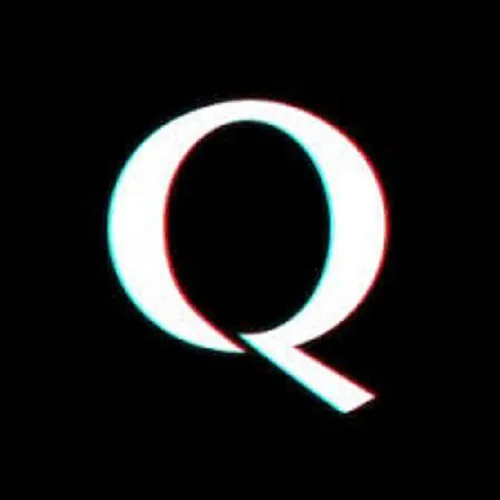QNews for May 25th 2025
- Author
- VK4BB for VK4WIA
- Published
- Fri 23 May 2025
- Episode Link
- https://wmrct5.podcaster.de/qnews/media/20250525_vk4_qnews.mp3
Hi - I'm John VK4JPM, Secretary of the Darling Downs Radio Club on Sunday, 25 May and here's the Club's updates this week.
Big news for us is that the Club has been accepted in the Toowoomba Carnival of Flowers Grand Central Parade on Saturday, 20 September. It's a huge opportunity to get our hobby in front of tens of thousands of people who don't know who we are or what we do. Whether or not you think watching a parade is fun - and generally it's great entertainment - being in a parade is a real hoot - trust me on that one.
Sunday 8 June: date for our next club lunch.
Monday, 9 June at 1900 is the date for our next monthly tech meeting.
The July meeting is on the 14th, and our special guest presenter will be Peter VK4EA, who will give us insight into his day job, electricity supply control systems used throughout the state.
Hello, I’m Geoff Emery, VK4ZPP, and I’ve been thinking.
History is a good means of assessing the present against what has happened before.
Like the saying goes, those who don’t know their history are bound to repeat its mistakes. The reverse is also a valid assumption too in that if we don’t know the
past, we can’t properly recognise the successes.
I think back over my engagement with amateur radio and reflect upon the pros and cons of what we have now. The internet has made many areas of information
readily available, so the graphical displays of possible propagation that used to be sought after on the news broadcasts and magazines have gone by the board.
Technology has moved along, and the urge to re-use available goods has, in many areas, been supplanted. In the aftermath of the 2nd and Korean Wars, tons (rather
than tonnes) of surplus military goods were sold on for civilian use. The electronics did much to aid many to simply get on air for the lowest cost of parts that
could be used, as against the expensive retail parts.
As time went on, the first and second and third generations of electronic computers went from prized business assets to scrap to be recovered. Semiconductors with house labels became the source of many an introduction to solid-state electronics.
Along with this strong strand of re-use were the support services within the radio hobby, the State branches of the WIA, which ran schemes to aid radio
amateurs to get items that they could use. I remember seeing lists of crystals with frequencies being printed for the home builder to choose. I even bought an ex-Flying Doctor transceiver for conversion to 80m when the Novice licences were new.
With the re-engineering of domestic electronics and the cheapness of very effective kits, there has been the death of the surplus market within the hobby.
Even the 2nd hand adds have diminished in a magazine that has become bi-monthly.
But not only has it been the hands-on building that has reduced, but we have lost some very clever and erudite correspondents from the pages of the magazine
stands and house journals. Certainly, the larger the amateur population is within a country, the better the stream of publications remains. We don’t have the reports of intruders and special interest activities that we once enjoyed.
I, for one, know that wanting to do more is limited by personal circumstances, which demand more attention than recreation. What remains is the hope that there
are people who can snatch some extra time to record some thoughts on favoured topics. We can’t be limited by reason that things can’t be done; we must look to find the way to get them done.
This is the call for leadership that so many in the wider community are issuing. It is not something for the government, the executive or someone else; it is
something for us all to look over what we want, what we have and how to get it.
I’m Geoff Emery, VK4ZPP, and that's what I think, how about you?
